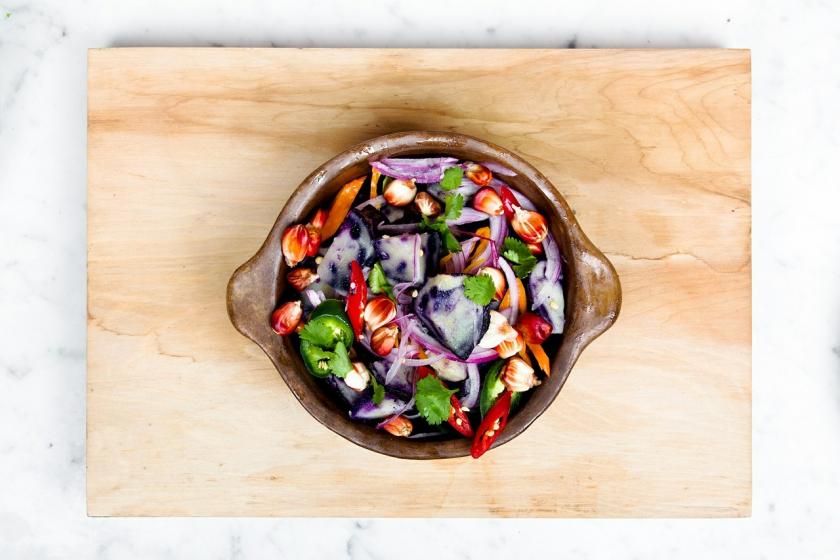Whether you are dedicated to doing away from animal-based food sources or are just wanting to add something new to your overall diet, one thing is for certain: the vegan diet helps. Unlike the keto diet, which is both bad for your heart and unsustainable in the long term, this diet focuses on consumption of whole, plant-based food that helps you not only shed unwanted pounds, but also (more importantly) boost your immunity, keeping your body’s defenses strong enough to withstand seasonal sicknesses. If you are just starting your vegan diet journey, the following should help:
Stay Away From Animal-Based Food
Meat, eggs and other animal-based foods should be avoided since they can cause inflammation that negatively affects both your immune system and (indirectly) your weight loss goals.
Eat Lots Of Plant-Based Food
That’s right, eat lots of fruits, vegetables, legumes, grains, nuts and seeds. Fill your plate with lots of plant-based whole foods that are not only low in oil, but also minimally-cooked and full of fiber.
Eating these and other healthy plant-based foods and snacks makes counting carbohydrates, calories or net carbs unnecessary. It is a simple, yet natural, intuitive and sustainable way to help you lose weight this season, helping you lose two pounds weekly.
Amp Up Your Fiber Intake
The higher your fiber intake, the better. Though seen as a foe by anyone who goes to the bathroom, fiber is an “anti-carb” as far as your weight loss goals are concerned. And the good news is that there are loads of it available in fruits, vegetables and other plant-based food sources.
Fiber is especially useful if you are a diabetic or are just trying to keep your blood sugar levels in check. It allows your body to get healthy nutrients while keeping your blood sugar low and insulin response in check. Low blood sugar means lower insulin response, and thus the less likely the body stores extra energy as fat. Low fat intake — meaning minimal oils and no animal-based fat — will force your body to utilize stored energy, causing you to burn calories faster in the process.
The high fiber content of fruits and vegetables means the “net carb” effect offers all nutrients at less of the calories carbs and unhealthy fats that animal-based products or highly-processed foods deliver. Net carbs reduces the number of carbs by the amount of fiber present in food — this is why despite having a higher carb count compared to vegetables, fruits do not make you fat.
Eat Immunity-Boosting Food
The immune system is key to keeping your body safe from from all kinds of sicknesses — the COVID-19 virus included. Fortunately for those starting a vegan diet, a dietary plan that is focused on plant-based whole foods helps boost the immune system since many fruits and vegetables contain various immunity-boosting nutrients such as vitamin C and antioxidants, which include vitamin E. Examples of immunity-boosting foods include citrus fruits, broccoli and mushrooms.
Minimize Intake Of Processed Food
Minimize intake of processed food, whether or not that food is vegan. Processed food is likely to be high in added sugar and fat, low in fiber and contains additives. Though mostly vegan, potato chips, for example, are not good for your health since they are processed. The rule is to eat what can be grown on the farm or in the garden.



